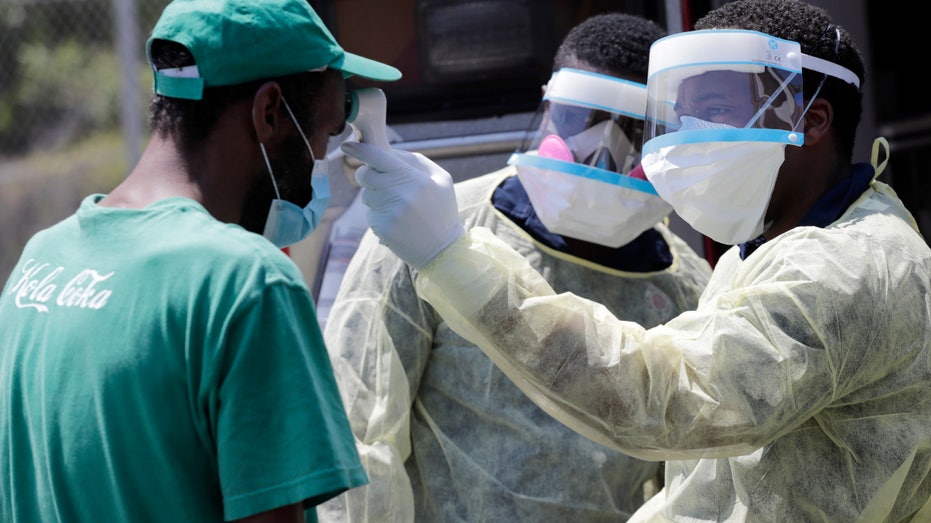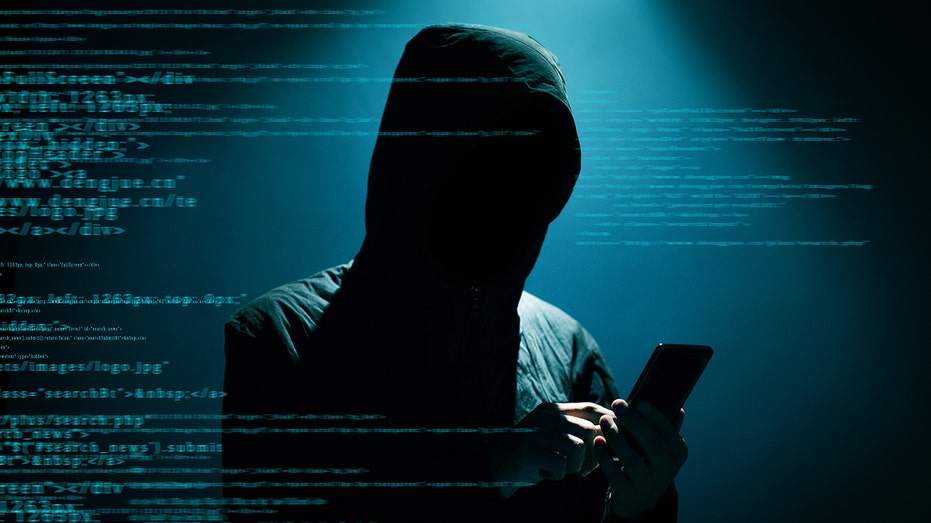FBI warns of scammers targeting coronavirus fears
'Be suspicious of anyone offering you something that’s 'too good to be true' or is a secret investment opportunity,' says FBI's Financial Crimes head
Get all the latest news on coronavirus and more delivered daily to your inbox. Sign up here.
Scammers are targeting Americans’ new coronavirus-related fears, as federal law enforcement warns people to “be suspicious” and keep an eye out for offers that seem “too good to be true.”
Opportunistic criminals are cashing in on the public’s efforts to stay healthy as the number of confirmed COVID-19 cases continues to skyrocket nationwide. Scammers are tailoring their bogus offers and criminal schemes to give people what they want: jobs, medical equipment and even medical attention.
“They see a vulnerable population out there that they can prey upon," said Steven Merrill, who heads the FBI's Financial Crimes Section, in a Q&A-style article published by the agency on Monday. "People are scared and looking for help. People are trying to protect themselves and their families. There may be an extra level of desperation right now that may cause someone to make an emotional decision that could make them a victim.”

Miami Fire Rescue workers wearing personal protective equipment, right, check the temperature of a homeless man complaining of symptoms, on April 3, 2020. (AP Photo/Lynne Sladky)
CLICK HERE FOR THE LATEST COROANVIRUS COVERAGE
There are at least 347,003 COVID-19 cases reported nationwide, resulting in 10,335 deaths, according to data published by Johns Hopkins University and Medicine.
A Sunday report in The New York Times detailed how fraudsters in Louisville, Kentucky, went as far as setting up a fake COVID-19 testing site in a public parking lot.
“Covid-19 testing here,” read a white banner hung at their worksite, which consisted of two tents and people wearing actual hazmat suits, according to the report. Another sign at the site misspelled “HIPAA.”
The scammers reportedly charged $240 per person and tested and collected credit card and Social Security details before packing up and moving on.
GET FOX BUSINESS ON THE GO BY CLICKING HERE
Government impersonation of all kinds, in fact, is one of the most common schemes Merrill says the FBI is seeing. Scammers are also contacting people via phone, social media, email and even door to door hoping to “convince someone that they need to provide money for COVID testing, financial relief, or medical equipment,” Merrill wrote.

(iStock)
The government, he insists, will not contact people in any of these ways.
“The government will not ask you for personal information to give you your financial benefits,” he wrote. “If you receive an email, text message, or phone call claiming to help you get your benefits, do not respond.”
WHEN TO WEAR A CORONAVIRUS FACE MASK IN PUBLIC
Merrill also urged people not to fall victim to scams involving fake COVID-19 treatments and cures, which could be dangerous and potentially fatal. He warned those who are out of work not to fall for job offer scams, in which someone tells you to pay money in return for a job.
Lastly, he cautioned against “get-rich-quick schemes,” including those involving offers for people to invest in a virus cure.
JOB LOSSES COULD HIT 47M, UNEMPLOYMENT RATE MAY SURGE TO 32%, ST. LOUIS FED SAYS
The FBI has enlisted a team of employees specifically dedicated to COVID-19 scams, and is already making arrests. U.S. Attorneys nationwide have also announced their own plans to combat these schemes.
CLICK HERE TO READ MORE ON FOX BUSINESS
Merrill asked anyone who has experienced suspicious activity to report it to here or to the Internet Crime Complaint Center.




















